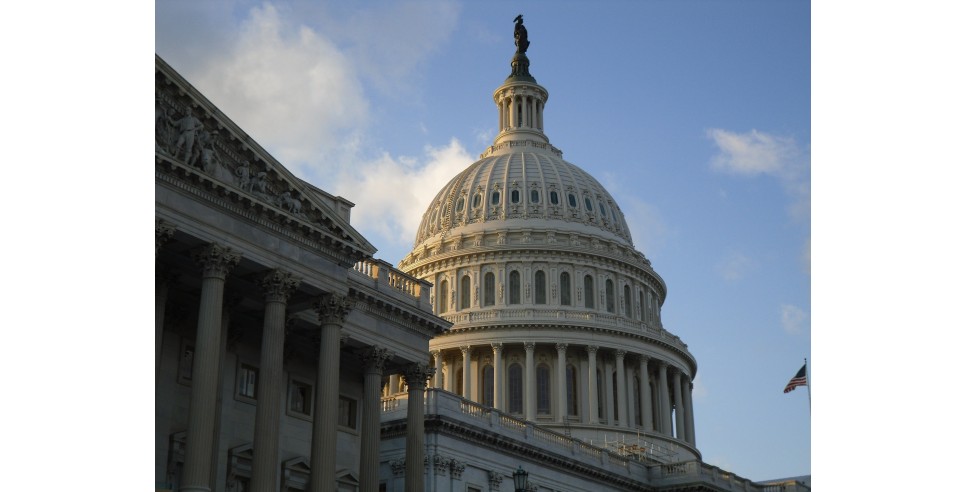
I’m writing this column on a sunny Sunday morning in a country that still has three branches of government, though two of them have been mostly overrun by machinations that threaten democracy. Article 1 of the Constitution is given over to the Legislative branch because elected representatives were given the power to override the Judicial and the Executive branches when those branches strayed outside the powers that the Constitution granted them. The checks and balances are straightforward, designed to prevent a concentration of power in any one branch:
- Congress can pass laws and override a Presidential veto
- The President can veto Congress’s bills
- The President nominates the Judiciary, and Congress approves or rejects
- The Supreme Court can declare a law unconstitutional
- Congress can impeach the President and judges
Yet as the last seven months have shown us, both houses of Congress are comprised of anxious Republican majorities who fear the President’s ability to dislodge them from their elected seats if they do not toe the party line. In fact, there have been no laws passed by Congress and no vetoes of Congressional bills because the President is ruling by executive order – hundreds of them, to date. When asked to weigh in on lower court decisions that challenge the President’s power, the Supreme Court has usually ruled in the president’s favor, in some cases (several still pending) that touch on undoing amendments to the U.S. Constitution – the Voting Rights Act (15th and 19th amendments) and birthright citizenship (14th Amendment) being those in the crosshairs right now. By almost any measure, it is clear that in his two terms in office, Trump has stacked the Supreme Court and is working hard on stacking Congress as well.
His executive team has worked hard to dismantle a number of federal departments and agencies, and to weaponize the Departments of Justice, Education, and Commerce to set up officials from former administrations to be investigated. Members of Congress have followed along and opened investigations of (for example) former President Obama, cited for treason. That the weaponization is spiteful and retaliatory is clear, whether it is demanding unreasonable tariffs from countries who thought they were in a friendly alliance with us, or demanding outrageous sums of money from major universities, the latest of which is one billion dollars from the University of California at Los Angeles (UCLA) after having cut off research grants appropriated previously by Congress. These actions sit at one level of vindictiveness rather than principle, but there’s another level of deal-making we are about to witness in the next week or so.
No one can forget the treatment of Ukraine’s president in the Oval Office with the press and senior White House officials present. Various representatives of the European Union and Great Britain have worked since that time to try to bring Trump back to a more moderate, factual position in the negotiations he had bragged would take less than a month to settle. This strikes me as the most dangerous period of negotiations between Russia and Ukraine because Trump believes he is running the show, and his behavior could turn quite unpredictable. That he would consider negotiating with Putin without President Zelenskyy present makes clear just how badly he wants to run the show and not be taken advantage of by Putin. What is clear is that Trump cannot speak for Zelenskyy in these deliberations, which may turn out to be just another way of distancing the United States from Ukraine and letting the European Union take a stronger position with Russia. Meanwhile, it becomes clearer by the day that Putin has played Trump, and outplayed him at every turn.
If that were the only international situation in which Trump gambles the fortunes of the United States, he might be able to double down and focus. But intertwined with the Russian-Ukraine situation is the Israel-Gaza hotbed, where Israelis have been on the streets to protest the decision that Israel will take control of Gaza, where starvation in Gaza is finally acknowledged, even by the country that cut off food and supplies to Gaza. These are two international situations that require real finesse, especially since we also have China observing the tariff situation and setting its own assessments, and Iran smarting under the need to show the world that Trump did not destroy all its nuclear capacity with that expensive targeted raid in June.
The instability right now comes from Trump’s chaotic strategies, made mostly of bluster, but ultimately to be assessed by all of us. Tariff amounts have gone up and down, corporate mergers have taken place after fines were paid, and as much attention is spent on the gilding of the White House, accessorized by concrete and a new ballroom addition that will be larger than the White House itself.
All this leads me to remind you that primary elections are important, especially when voter turnout stays at its historic low level. You could not tell from looking at the numbers almost anywhere that we are in the midst of trying times, different in shape than previous challenges. If you do not vote in November, you will be giving up your voice at a local level on how government works in your community. Who represents you at a local level is who is going to stand up to Trump’s incursions into federal dollars that should have been coming your way, based on Congressional allocations. It will take all of us, and I do mean all of us, actively participating and protesting when necessary, to get through the next three and a half years.
Originally Published in ASA News and Notes on August 11, 2025









